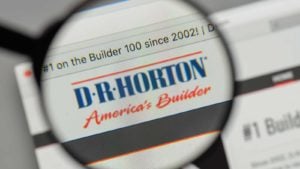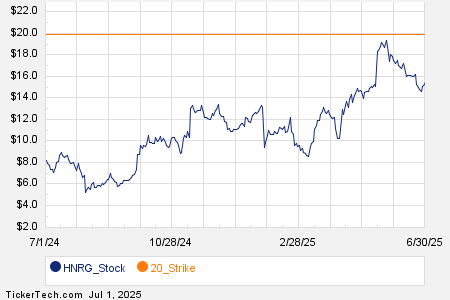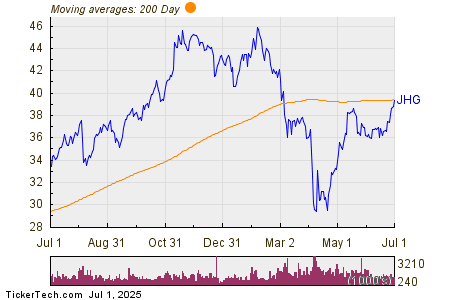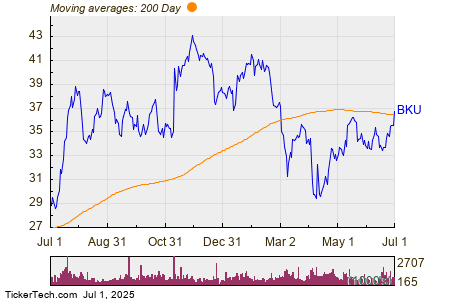
Source: bogdanhoda / Shutterstock.com
Never before in recent U.S. history has the construction industry had so much investment potential. Today, the scale of infrastructure and resources needed to complete modern projects can lead to both extraordinary financial risk and exceptional reward for investors. Much of the U.S. requires significant infrastructural and housing expansion, leading to lucrative opportunities for the firms that win contracts for renovation and expansion. As such, this leads to some potentially profitable construction stocks to buy this year and hold for the long run.
To determine which construction stocks are worth investing in, consider the reputation of a construction company’s successes, its current jobs and its new proposals. Oftentimes, depending on their purpose, these projects can be significant drivers of value for a stock. Bearing that in mind, here are three of the best construction stocks to buy for a long-term play and payout.
Hochtief (HOCFY)

Source: iStock
Hochtief (OTCMKTS:HOCFY) has built an influential global network of construction projects through its many subsidiaries. One in particular, Flatiron, has secured over $270 million in North American aviation infrastructure projects from the U.S. and Canadian governments.
From airport runways to surrounding highway expansions, Flatiron’s success in the region could become a steady driver of value in the coming decade. That’s because the middle of the U.S. desperately needs infrastructure improvements as domestic migration away from overly crowded and expensive coasts expands rapidly.
Moreover, Hochtief’s aggregated finances show a strong upward trajectory despite the overall malaise of the broader European economy. Its operating net profit for Q1 2024 grew by 3% year-over-year (YOY) while seeing a 23% increase in bookings YOY.
Ultimately, Hochtief’s size and market diversification make it a strong pick for investors looking for long-term portfolio stability and construction stocks to buy.
Emcor Group (EME)

Source: ARMMY PICCA/ShutterStock.com
Construction projects may conjure images of cranes and bulldozers, but the finishing touches often tend to make or break the final product. This is where Emcor Group (NYSE:EME) specializes and has seen spectacular results in the past five years. Up 370% since May 2019, the company has consistently expanded both its projects and financials into what it is today.
The stock has not received the most analyst attention, with only a few aggregate ratings on TipRanks. However, should the company continue to deliver quarterly reports like its Q1 2024 release, it’s likely to keep growing in value. That’s because Emcor commands a significant portion of a very important niche in construction: electrical and mechanical systems. Every building needs lighting, air conditioning, heating, security, fire protection and power generation systems to operate efficiently and safely.
As such, Emcor’s diverse set of services for such installations and sourcing the necessary components provide it with an ever-growing market of new customers.
D.R. Horton (DHI)

Source: Casimiro PT / Shutterstock.com
D.R. Horton (NYSE:DHI) has held the first place spot as America’s largest homebuilder by volume in the United States since 2002. The company has built and closed more than 1 million homes over the last 45 years.
It’s achieved these kinds of results through its extensive operations in 33 states and its construction and sale of high-quality homes targeted toward middle-income buyers. It also constructs and sells single-family and multi-family rental properties, which currently represent a booming market as investment real estate becomes popular.
The company’s business model also includes mortgage financing, title services and insurance agency services for its homebuyers. Beyond this, D.R. Horton is the majority owner of Forestar Group (NYSE:FOR), through which it develops plots of land for residential use. With the exploding demand for housing in the U.S., DHI has a continuous growth path ahead of it as evidenced by its net income increase of 24% to $1.2 billion as of last quarter.
On the date of publication, Viktor Zarev did not hold (either directly or indirectly) any positions in the securities mentioned in this article. The opinions expressed in this article are those of the writer, subject to the InvestorPlace.com Publishing Guidelines.








